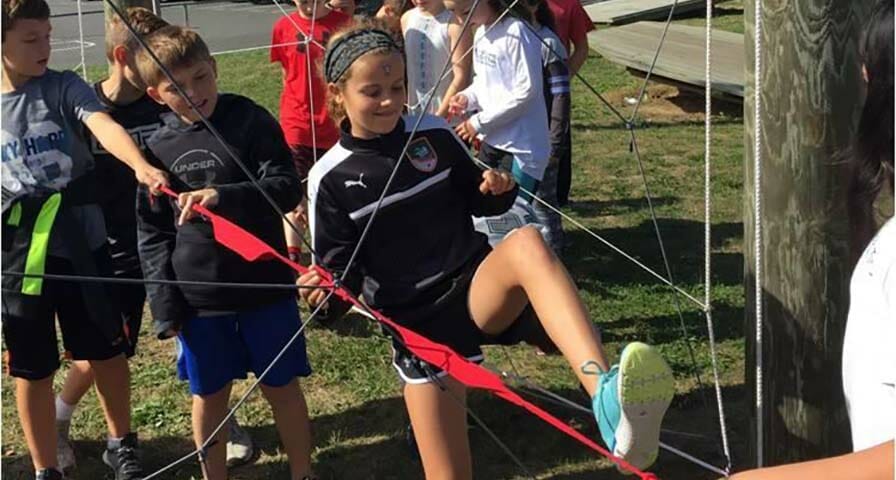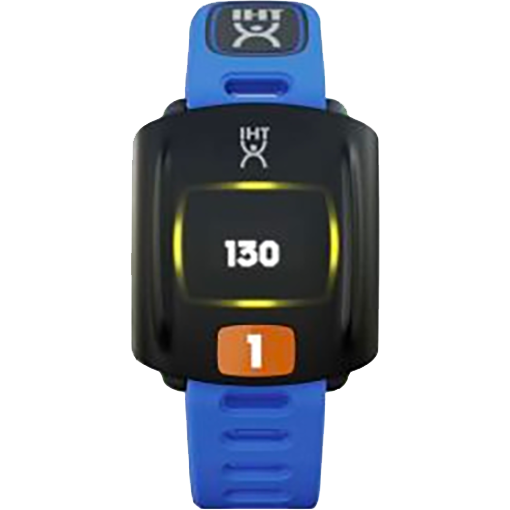Originally published June 28 in The Patriot Ledger.
By Ruth Thompson
Physical education class continues to be an adventure for students at all grade levels in the Scituate Public Schools system.
“The primary objective of Adventure Education focuses on building self-confidence, promoting teamwork and developing leadership qualities through collaborative physical learning experiences,” said Greg Ranieri, Department Chairman for Health and Wellness, during a presentation before the Scituate School Committee. “Depending on the setting, Adventure Education can be referred to as cooperative activities, low or high challenge elements, Project Adventure, etc.”
Adventure Education is a core component of physical education programming in Scituate.
“Adventure Education materially began in 2010 when SPS (Scituate Public Schools) earned the Carol M. White Physical Education Program (PEP) Grant sponsored by the U.S. Department of Education,” Ranieri said. “Over the two-year grant period, physical education programming across the district was strengthened through the procurement of equipment, supplies and professional development for faculty.”
As part of the new Middle School Building Project in 2017, several new low elements were constructed within the footprint of the existing outdoor challenge course on the Gates and Scituate High School campus. Additionally, a state-of-the-art traverse wall was installed in the new Gates gymnasium. In March 2018, the SHS physical education department secured grant funding through Scituate High Opportunities and Resources for Education (SHORE) for new helmets, hardware and harnesses needed for high, indoor challenge course elements located within the SHS gyms.
“Throughout their educational experience, students will develop productive group dynamics through ground-based team-building challenges,” Ranieri said. “These challenges establish the importance of essential components of Adventure Education including; cooperation, creativity, empathy, fairness, leadership, positive risk-taking, reflection and trust. Once a sense of community is created, students at Gates Middle School will experience a series of low adventure elements that can involve traversing, swinging and climbing with the support of spotters.”
As students progress through high school physical education programming, high elements are introduced that include challenges in the air involving harnesses and helmets with the support of a belay team.
“These activities involve vertical climbing, downward rappelling and high swinging,” Ranieri said.
The foundation of Scituate’s Adventure Education program is rooted in Project Adventure programming, Ranieri explained.
Through grade-level curriculum resources and thoughtful instructional practices, students develop essential interpersonal skills – trust, teamwork, effective communication, and cooperation, as well as intrapersonal skills – leadership, decision making, and self-confidence.
“Educators have years of experience creating a class climate in which all students feel comfortable to participate at individually appropriate challenge levels,” Ranieri said. “Scituate physical education teachers have the training and skills to successfully implement Adventure Education programming. SPS educators were instructed by Project Adventure trainers in appropriate safety practices including spotting and belay techniques. Physical education teachers facilitate Adventure Education challenges with a high level of care and know how and when to modify challenges as needed.”
Seeking IHT Spirit System information?





